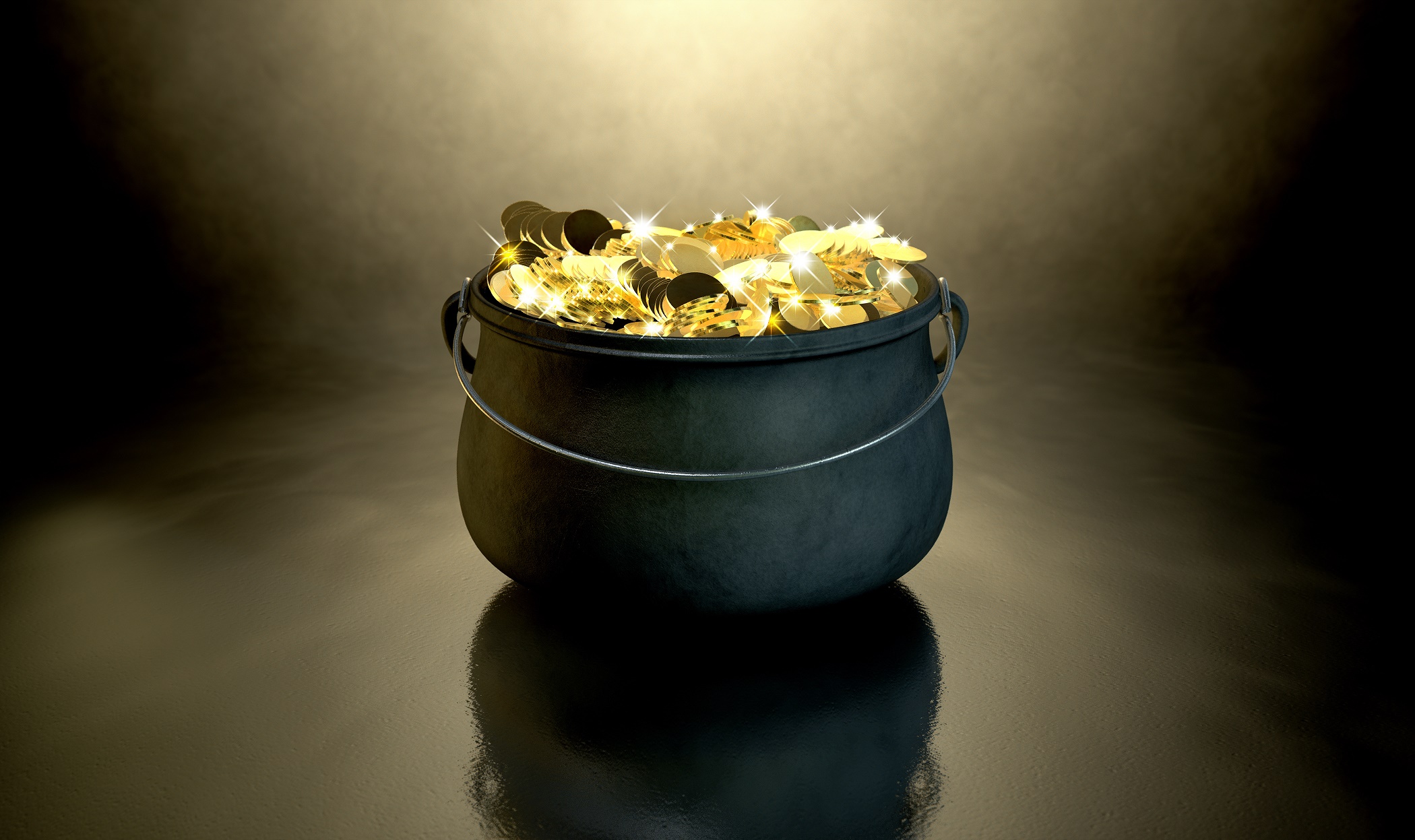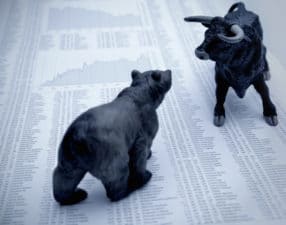By now everyone and their grandmother has heard about Bitcoin’s rise to prominence including an absolutely mind-blowing one-year gain of 1,376% in 2017.
That means that if you had invested $1,000 in Bitcoin at the start of the year, your investment would now be worth $14,760 just one year later.
And while the Winklevoss twins, who sued Facebook founder Mark Zuckerberg in the 2010 film, The Social Network, may not control the world’s leading social media company, they are now the world’s first Bitcoin billionaires, having started accumulating the cryptocurrency back in 2013 when it was valued at US$11.
A single Bitcoin is now quoted as being worth upwards of US$14,000 as of writing. You do the math.
The Winklevoss twins remain extremely bullish about the digital currency’s potential, claiming that they would probably not even be sellers if the price were to reach US$380,000, which would work out to an $8 trillion market capitalization for the digital currency, or more than the value of the entire world’s supply of gold.
Their argument is that while gold is scarce, Bitcoin is actually finite. And unlike gold, Bitcoin is a technology that can continually innovate and create value.
From a couple of guys who turned a US$45 million settlement from Facebook into a $300 million fortune in less than a few years, they are certainly deserving of our attention.
Yet many are suggesting that Bitcoin’s meteoric rise is nothing more than a bubble.
On December 25, Israel became the latest nation to crack down on the cryptocurrency, proposing a regulation to ban companies involved in the trading of Bitcoin from being listed on the Tel Aviv stock exchange.
Israel’s Security Agency Chairman Shmuel Hauser said, “I think it looks like a bubble, smells like a bubble, acts like a bubble and feels like a bubble.”
Israel’s policy change follows in a move made by China earlier in the year to close down its own Bitcoin exchanges.
Bitcoin, meet gold
The issue in determining the real “true” fair value of Bitcoin – whether it ends up being just another bubble or whether it will eventually reach US$380,000, as the Winklevosses suggest – stems from a trait that the cryptocurrency shares with gold bullion.
Which is to say that unlike stocks, bonds or real estate, neither asset actually produces a cash stream that can be valued.
Ultimately, the value of Bitcoin or gold is determined solely by its perceived value in the eyes of others, or what someone else is willing to pay you for it.
This has largely been the argument against gold amidst the long-held view by speculators and producers like Goldcorp Inc. (TSX:G)(NYSE:GG), who view the precious metal as a tried-and-true safe haven asset to hold when the world is on the brink of panic.
Bottom line
But despite Bitcoin’s recent rise, its investors should take heed of the vested interests already aligned with the world’s gold supply.
After all, the market capitalization of gold sits just shy of US$8 trillion, while the current market capitalization of Bitcoin – even after the latest run-up – sits at considerably less, about US$100 billion.
If Bitcoin investors are planning to take over the world with their newfound riches, they may want to look over their shoulder first.
Stay Foolish.








